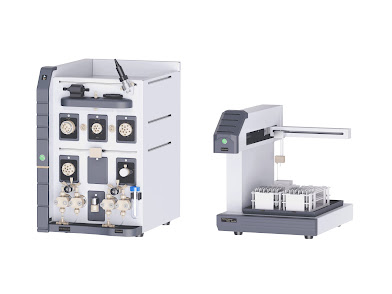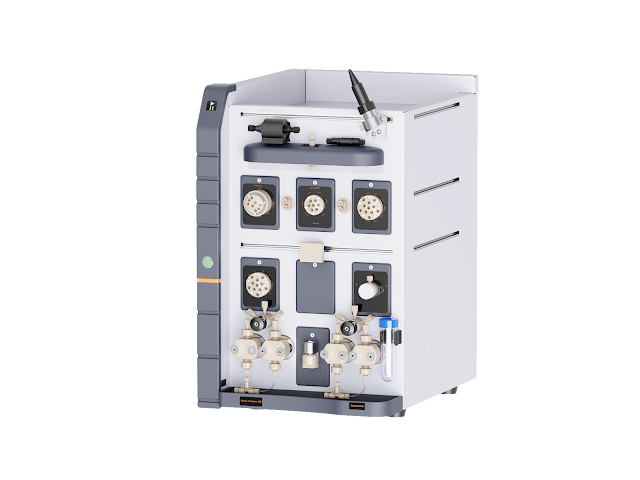FPLC: Revolutionizing Protein Analysis through Fast Protein Liquid Chromatography
In the realm of biochemistry and molecular biology, Fast Protein Liquid Chromatography (FPLC) has emerged as a game-changing technique for the purification and analysis of proteins and biomolecules. This article delves into the significance of FPLC, also known as Fast Protein Liquid Chromatography, and its role in advancing scientific research and biotechnology.
Unveiling the Power of FPLC
FPLC, or Fast Protein Liquid Chromatography, is a specialized chromatographic technique tailored for the separation, purification, and analysis of proteins. It stands out for its speed, efficiency, and precision in handling biological molecules. While conventional chromatography methods are well-established, FPLC takes the process to a whole new level, particularly when it comes to proteins.
The Fundamentals of FPLC
At its core, FPLC operates on the same principles as traditional chromatography. It relies on the differential interactions of molecules with a stationary phase (typically a column packed with resin) and a mobile phase (a liquid that flows through the column). However, what sets FPLC apart is its ability to perform these separations at high speeds without compromising the integrity of delicate biomolecules.
Applications in Scientific Research
The applications of Fast Protein Liquid Chromatography research are manifold. Scientists utilize this technique extensively for protein purification, an essential step in understanding the structure and function of biological macromolecules. Whether isolating enzymes, antibodies, or other biologically active compounds, FPLC ensures high purity and yield.
Advantages Of Conventional Chromatography
Compared to conventional chromatography methods, FPLC offers several distinct advantages. Its fast-processing speed reduces the risk of protein denaturation, making it ideal for handling sensitive biomolecules. Additionally, FPLC are highly versatile, with various column types and chromatographic modes available, allowing researchers to tailor their purification strategies to specific needs.
The Role of FPLC in Biotechnology
In the biotechnology industry, FPLC plays a pivotal role in the production of therapeutic proteins and monoclonal antibodies. These biotherapeutics are used in the treatment of various diseases, including cancer and autoimmune disorders. FPLC's ability to purify these complex molecules to the highest degree of purity is critical for ensuring their safety and efficacy.
As technology advances, FPLC continues to evolve. Integration with other analytical techniques, such as mass spectrometry and protein characterization methods, enhances its capabilities. These advancements contribute to more comprehensive analysis and purification processes, further driving progress in biochemical research.
Conclusion: Navigating the Future of Biochemistry
This is a transformative technique in the field of biochemistry and biotechnology. Its ability to handle proteins and biomolecules swiftly and precisely has revolutionized research and industry practices. For those seeking the latest developments and resources on FPLC, platforms like inscinstech.com.cn offer valuable insights and updates, connecting scientists with cutting-edge advancements in this field.


.jpg)

Comments
Post a Comment